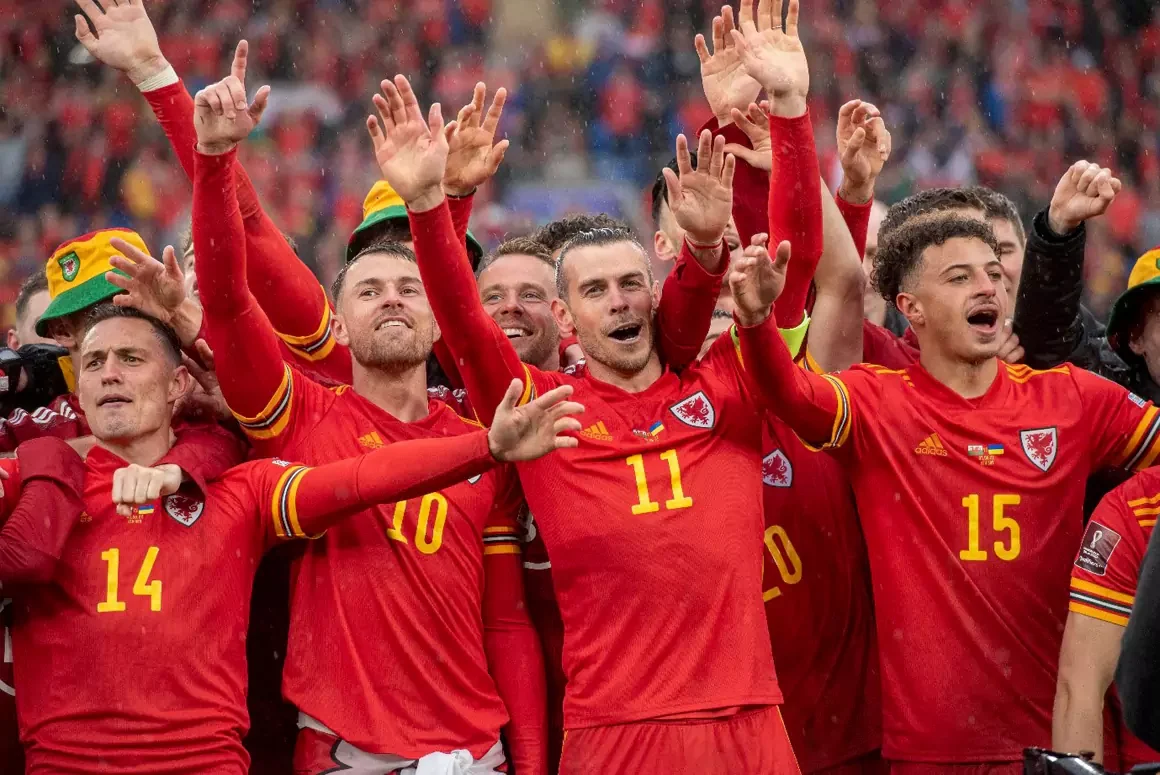In the summer of 2016, something mystical stirred across the valleys and mountains of Wales. Not since 1958 had the nation dared to dream on football’s grandest stage, yet here they were—a collection of miners’ sons and working-class poets, preparing to write themselves into immortality across the sun-drenched pitches of France.
Almost a decade on, the Dragons are roaring again – working towards the dream of another major tournament in the form of the 2026 World Cup. While a lot of talk in England will be on the key fixtures on the opening weekend of the Football League season, of the Premier League odds and who could make top four, those in Wales will already have one eye on September’s qualifying campaign, and given how the summer of ’16 went, why not believe?
The very notion seemed fantastical. Wales, that beautiful, stubborn nation of three million souls, stepping onto the same stage as Germany, Spain, and France. Yet sometimes, football offers us its most profound gift: the collapse of probability into pure possibility, the transformation of the impossible into the inevitable. In this article, we remember the Wales team that defied the odds at Euro 2016.
Beginning in Bordeaux
At the end of the 2015/16, Wales manager Chris Coleman’s gift was not tactical but transformational. He took a collection of individuals—some who had never experienced victory in a Wales shirt, others who had become familiar with near-misses—and shaped them into something extraordinary. His sideline presence was that of a man conducting not just a football match but awakening the spirit of Welsh football from decades of slumber.
Their opening match against Slovakia became a consecration rather than a contest. Gareth Bale’s 10th-minute free-kick was not merely a goal—it was an announcement, a declaration that Wales belonged in this rarefied air. Bale, at times felt like a one-man team – a true Galactico carrying his side through thick and thin, embodying the nation as they won their first game.
The loss to England stung differently than defeats past. Daniel Sturridge’s injury-time winner felt like destiny deferred rather than dreams destroyed. There was something in the Welsh response—not despair, but defiance—that suggested this story was far from over. Coleman’s post-match words carried the weight of prophecy: “We’re not finished yet.”
A night to remember
The quarter-final in Lille will forever stand as the greatest Welsh footballing hour. In living rooms across the valleys, in pubs from Anglesey to Cardiff, an entire nation rediscovered what it meant to dream in daylight. These were people who had grown accustomed to football heartbreak, who had inherited disappointment like a family heirloom.
Decades later, Wales didn’t just matter—they dominated. Coleman had taken a squad of journeymen and transformed them into giants. Hal Robson-Kanu, without a club, playing on pure passion. Sam Vokes, the striker from Solihull who chose Wales over England, proving that hearts can be more powerful than birthright. Andy King, the Leicester midfielder who would go on to win the Premier League, here serving as Wales’ midfield metronome.
Trailing to Radja Nainggolan’s thunderbolt, Ashley Williams’ equalising header felt like cosmic justice. But it was Robson-Kanu’s moment of pure genius—that Cruyff turn that left three Belgian defenders grasping at shadows—that transformed a football match into folklore.
The Portuguese farewell
The semi-final against Portugal in Lyon ended the dream, but could not diminish its power. Cristiano Ronaldo and Nani ended any hopes of a final. Wales had reached their first major tournament semi-final—a destination that seemed impossible 10 weeks before.
Even in defeat, Coleman’s men carried themselves like conquerors. The manager, his voice guttural from shouting his country forward, spoke with the dignity of a man who understood that some defeats are more valuable than victories.
The homecoming through Cardiff’s streets was worthy of conquering heroes. An army of fans, not warriors but believers, had gathered to celebrate something that transcended sport entirely. Wales had not just competed; they had belonged. Coleman, standing on the balcony of Cardiff Castle, looked out at the sea of red jerseys and understood what he had accomplished: he had given a nation permission to dream again.
In every Welsh household, Euro 2016 became a shared story. Children who had never seen Wales win anything significant suddenly understood what triumph felt like. Grandparents who remembered 1958 found their faith rewarded. This was a team that made believers of doubters, that transformed a nation’s relationship with what was possible.
All in for America
Nearly a decade later, Wales find themselves engaged in another act of transformation. Second in Group J of 2026 World Cup qualifying, they carry the weight of both expectation and possibility. Their recent 4-3 defeat to Belgium—that same Belgium they conquered in 2016—reads like poetry: a reminder that football’s greatest gift is its refusal to respect the past while honouring it.
The Dragons have tasted the nectar of the impossible once before. They understand that qualifying for a World Cup—especially one that will unfold across North America’s vast, dreaming landscape—represents the chance to make history again.


